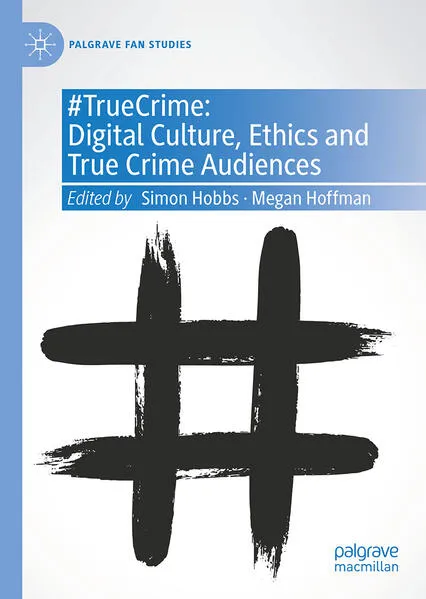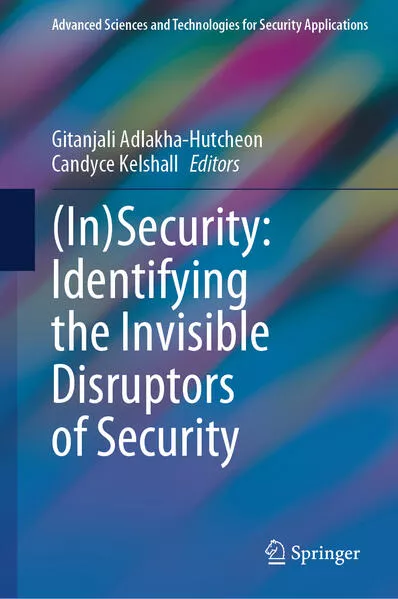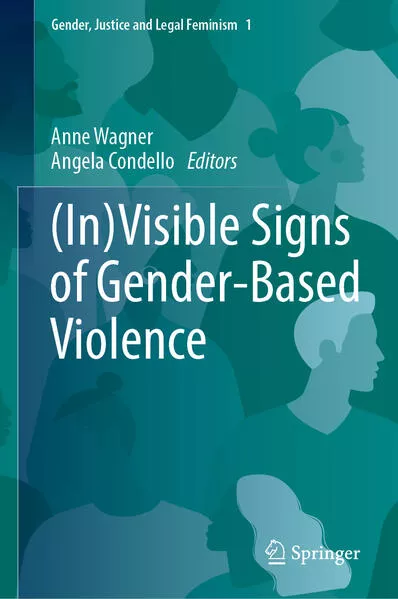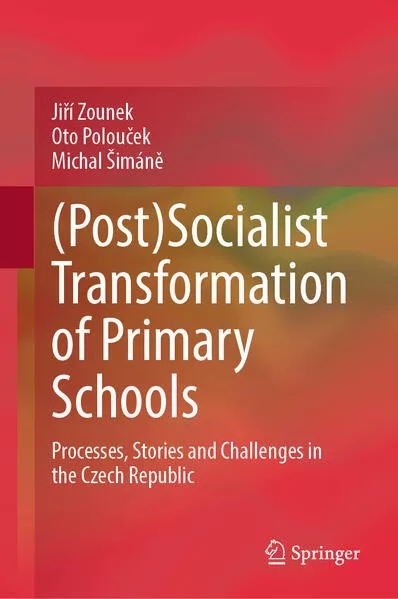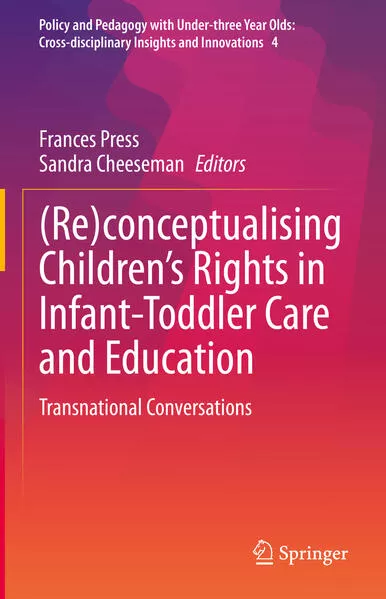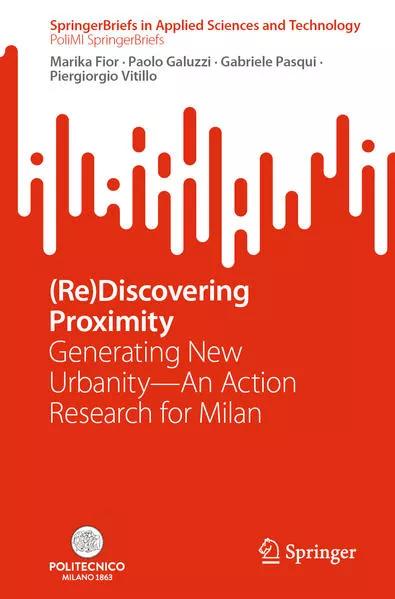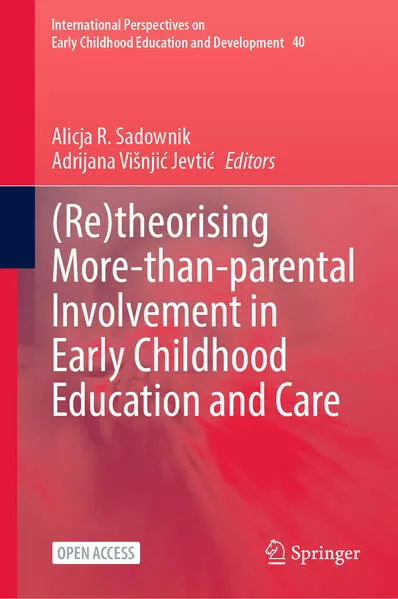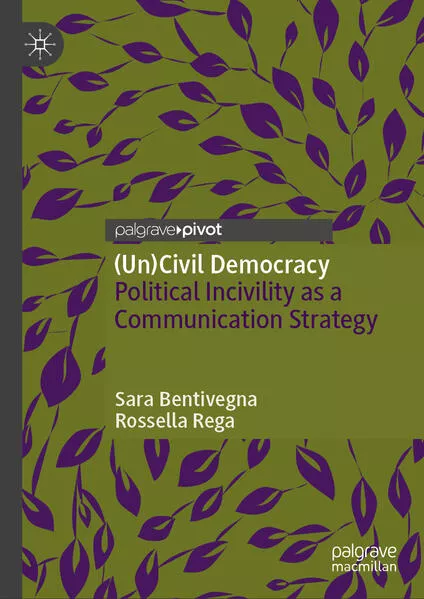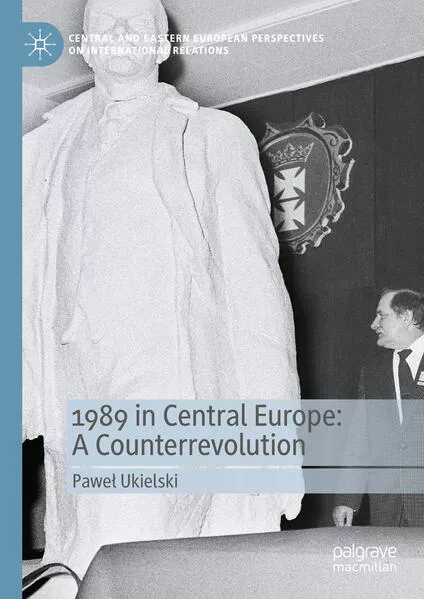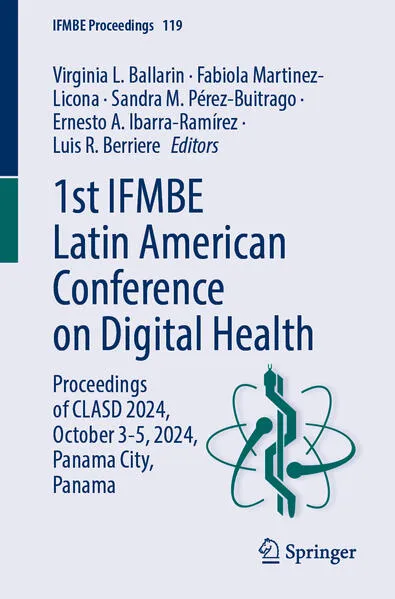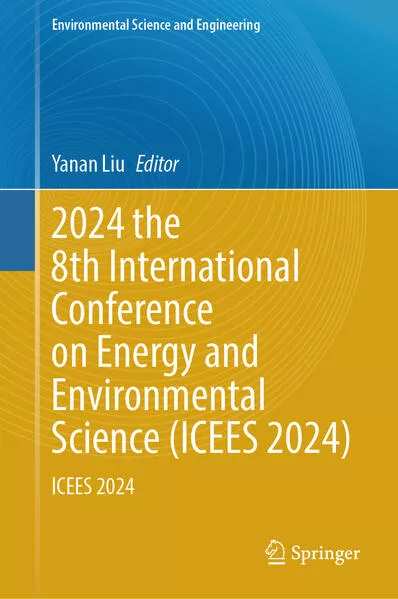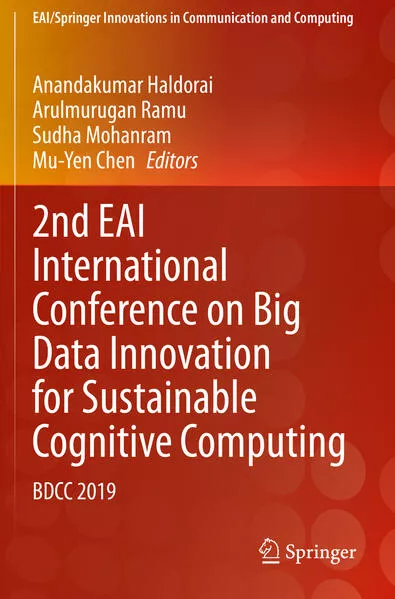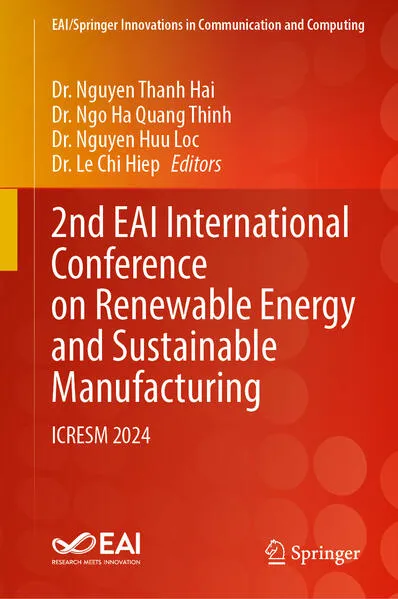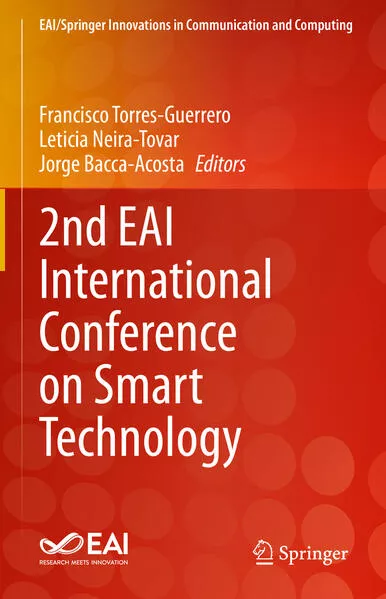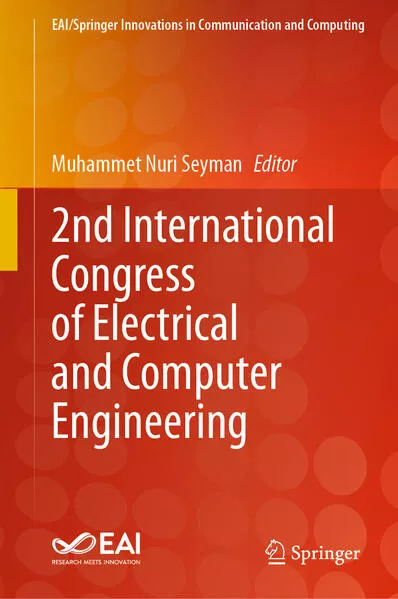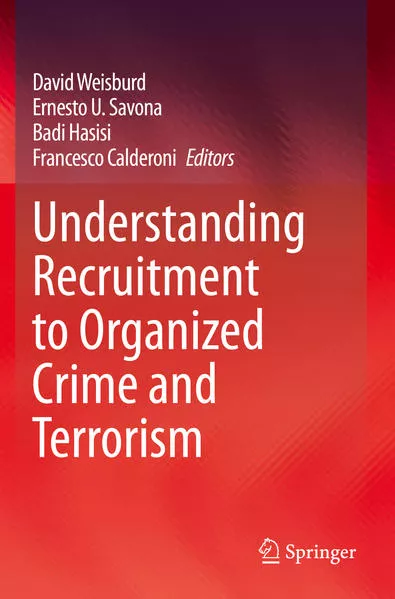
Understanding Recruitment to Organized Crime and Terrorism
This volume provides insights on how recruitment patterns develop for two related types of criminal networks: organized crime and terrorism. It specifically explores the social, situational, psychological, and economic drivers of recruitment. Although organized crime networks and terrorism networks can differ in underlying goals and motivations, this volume demonstrates common drivers in their recruitment, which will provide insights for crime prevention and intervention.
The goal of the book is to explore the current knowledge about these common drivers, as well as highlight emerging research, to identify and prioritize a research agenda for scholars, as well as policymakers. The research presented in this work aims to fill existing gaps in the knowledge of recruitment to both organized crime and terrorism. For each area, it provides a systematic review of the existing research on social, psychological, and economic drivers of recruitment. It then presents findings fromindependent original research aimed to explore new ground not covered in these previous studies.The contributions to this volume were the result of a research project funded by a European Union Horizon 2020 grant, and present a diverse, international mix of expertise and cases. It will be of interest to researchers in criminology and criminal justice, as well as related fields such as sociology, psychology, and international relations.
Chapter 13 of this book is available open access under a CC BY 4.0 license.
Unterstütze den lokalen Buchhandel
Nutze die PLZ-Suche um einen Buchhändler in Deiner Nähe zu finden.
Bestelle dieses Buch im Internet
| Veröffentlichung: | 12.06.2021 |
| Höhe/Breite/Gewicht | H 23,5 cm / B 15,5 cm / - |
| Seiten | 348 |
| Art des Mediums | Buch [Taschenbuch] |
| Preis DE | EUR 139.09 |
| Preis AT | EUR 142.99 |
| ISBN-13 | 978-3-030-36641-4 |
| ISBN-10 | 3030366413 |
Über den Autor
David Weisburd is Walter E. Meyer Professor of Law and Criminal Justice and Director of the Institute of Criminology at the Hebrew University Faculty of Law, and Distinguished Professor of Administration of Justice at George Mason University. He is an elected Fellow of the American Society of Criminology and of the Academy of Experimental Criminology. He is also Co-Chair of the steering committee of the Campbell Collaboration Crime and Justice Group, a member of the Harvard University/National Institute of Justice Executive Session in Policing, and of the National Research Council Committee on Crime, Law and Justice. Professor Weisburd has a long interest in Crime and Place studies beginning with his involvement in a series of experimental studies of police interventions at crime places, including the Minneapolis Hot Spots Experiment, the Jersey City Drug Market Analysis Experiment and the Jersey City Violent Crime Hot Spots Experiment. Professor Weisburd is presently working on a book with Liz Groff and SueMing Yang that explores the varying factors that explain variation in developmental trends of crime at micro places over time that will be published by Oxford University Press. Professor Weisburd is author or editor of fifteen books and more than eighty scientific articles.
Wim Bernasco studied social psychology at Leiden University, and obtained a PhD in sociology at Utrecht University. His PhD thesis explored the interrelated nature of the occupational careers of spouses. Before joining the NSCR in 2000, he worked in different positions at various universities and at the research center of the Ministry of Justice. His current work focuses on spatial aspects of criminal activities, a broad area that encompasses a number of research questions. What drives variation in crime and delinquency between neighborhoods? Which effects do physical and social barriers have on offender travel behavior? How do offenders search and select their targets and methods? Do they offend in the communities where they used to live? Is crime spatially displaced when criminal opportunities are blocked? What causes repeat victimization? Does the risk of criminal victimization communicate spatially, and why? Wim explores many of these themes in collaboration with researchers from the United Kingdom, Australia and the United States. His recent international publications appear in Criminology, Journal of Quantitative Criminology, British Journal of Criminology, European Journal of Criminology, Crime Psychology & Law, and Journal of Investigate Psychology and Offender Profiling.
Prof. dr. Gerben J.N. Bruinsma, born in The Hague, studied sociology and criminology at Utrecht University. After his graduation in 1975 he became lecturer of criminology and penology at the Criminological Institute of the Radboud University Nijmegen. In 1981 he left for the Faculty of Public Administration and Public Policy at Twente University at Enschede. In 1985 he was appointed as associate professor in methodology and research methods. In the same year he finished his doctoral dissertation ‘Crime as a social process. A test of the differential association theory in the version of K-D. Opp’. He was co-founder and director of the International Police Institute at the University of Twente and in 19995 he was appointed as professor of criminology at that university. From 1999 he has been director of the Netherlands Institute for the Study of Crime and Law Enforcement (NSCR), a national research institute of the National Organization for Scientific Research (NWO) and professor of criminology of the faculty of Law of Leiden University. He has been editor of various journals and had a great number of advisory and board positions in the field. He published more than 90 articles and 30 books on criminological issues like criminological theory, juvenile delinquency, policing, organized crime and, geographical criminology.
Diesen Artikel teilen
0 Kommentar zu diesem Buch
.... weitere Publikationen von Springer International Publishing
Kinderbuch »Lasse und Juna - Total versteinert!« – Wikingerabenteuer mit Mut, Freundschaft und Entdeckergeist
Bewerbungsfrist bis zum: 05.03.2026




